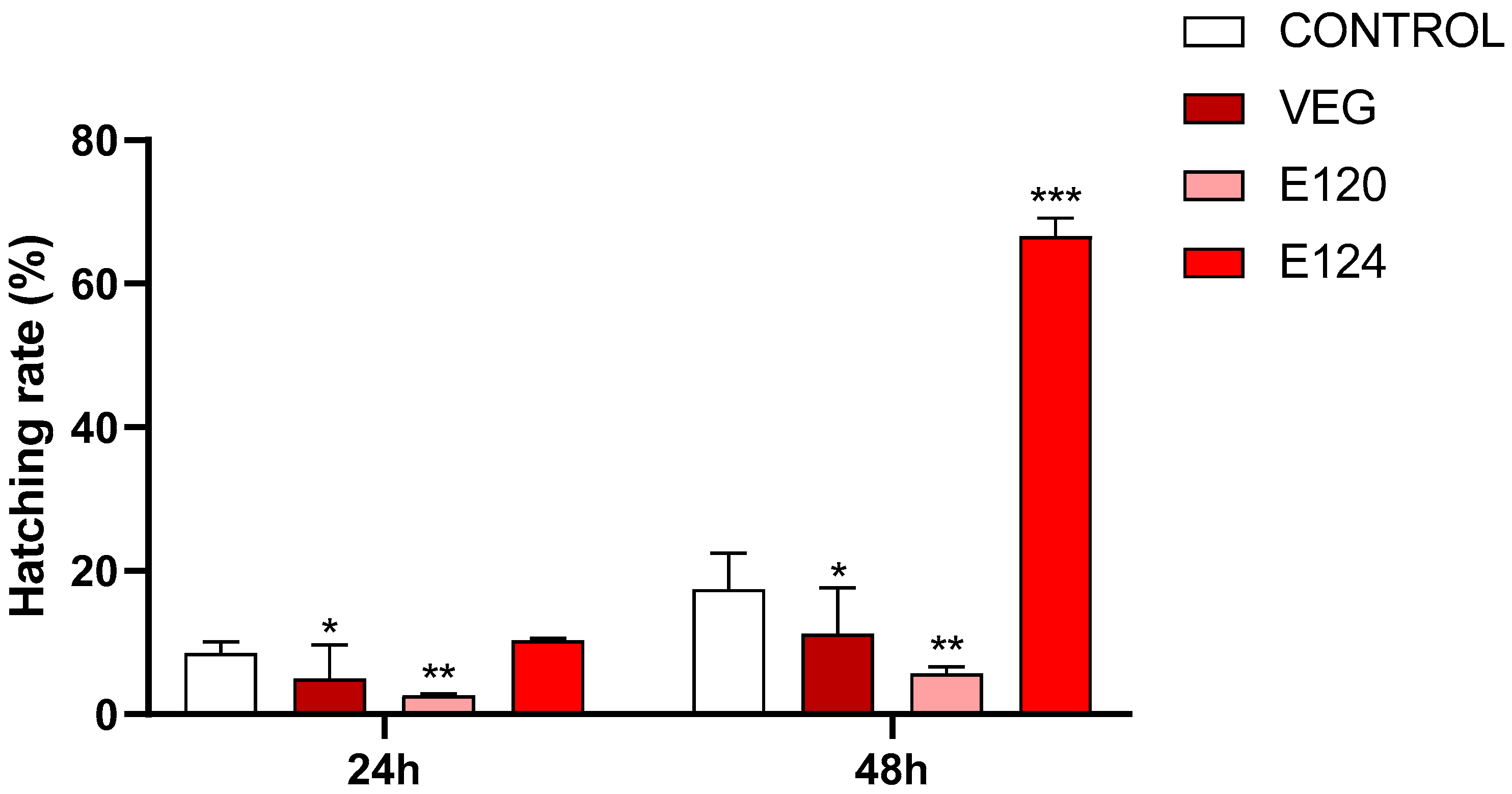This measure assesses the amount of e120 that can be safely consumed over a lifetime without significant risk. The stability and resistance of e120 to light and heat are notable attributes. However, these properties also fuel ongoing research. While e120 is generally considered safe for consumption, some studies have raised concerns about potential health risks. For example, some research suggests that e120 may have an impact on individuals with attention deficit hyperactivity disorder (adhd).
Our goal was to evaluate the presence of carmines in different yoghurts with a label declaration of e120, purchased in portugal, and, for the first time, to assess the human risk. Despite its natural origin, e120 has sparked controversy due to potential allergic reactions and ethical concerns. Health effects of e120. While e120 is generally considered safe for consumption, some individuals may experience allergic reactions to this food additive. Cochineal, carminic acid, carmines (e 120) have been previously evaluated by jecfa and by the scf. Both committees established an adi of 5 mg/kg bw/day. Despite being considered supposedly safe in doses up to 5 milligrams per kilogram of body weight, it can cause trouble even in doses as small as 1 milligram. Known to cause severe allergies, hyperactivity in children, facial swelling, wheezing, rash, redness. In very rare cases, this red food color can cause allergic reactions, such as asthma attacks and hives, in sensitive people, which are usually due to remains of the scale from which it is obtained. Cases of severe allergic (anaphylactic) shock have also become known.
Chilling Lessons From The Sophia Deso Leak
Anna Shumate's Privacy Crisis: A National Conversation
Amazing Tips For Mastering Virtual Villagers 6
